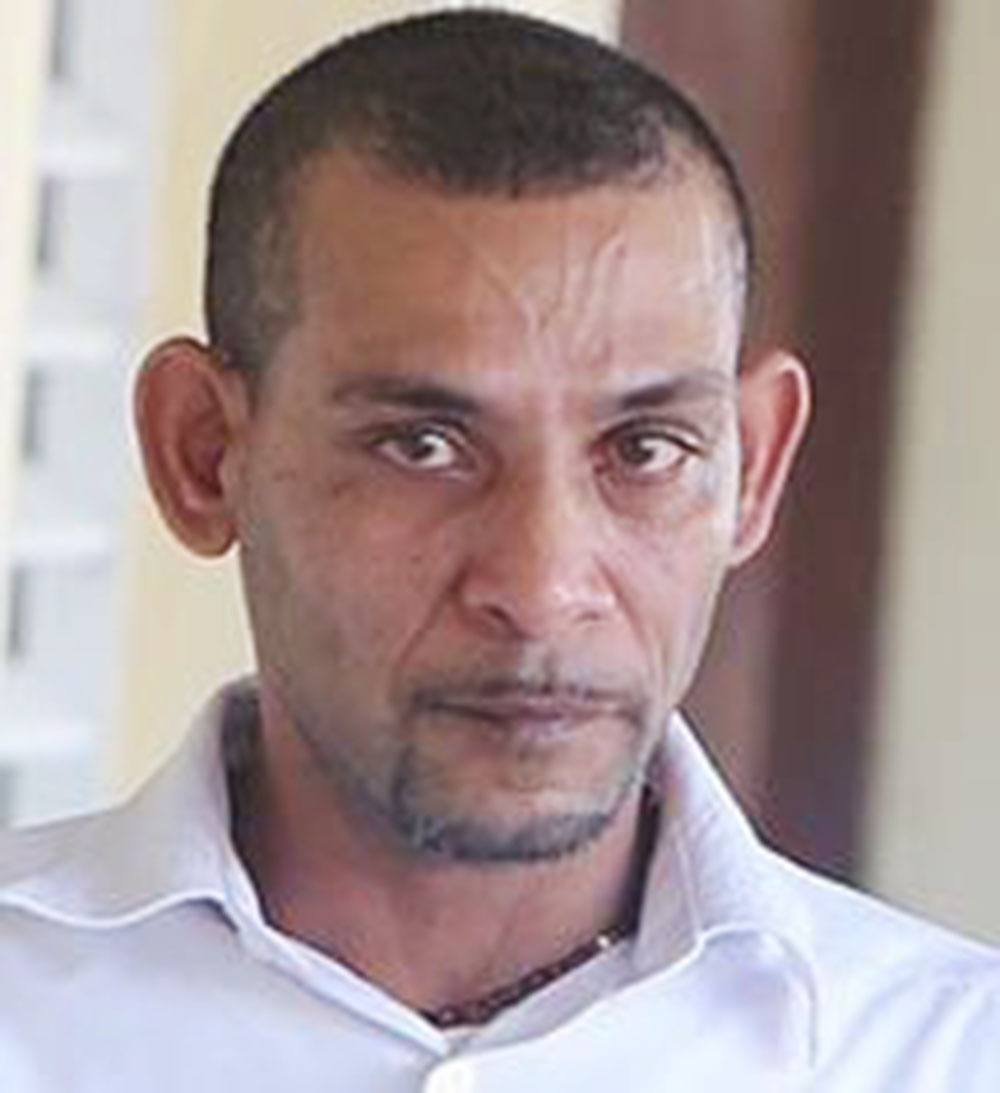The Guyana Court of Appeal has reduced to 22 years, the 70-year sentence which had been imposed upon Rajesh Guyadeen, who had been convicted of the 2003 murder of Nandram Manohar.
As opposed to contentions raised by Guyandeen in his appeal, the Court found that his conviction by the jury was safe, but agreed that the sentence was excessive.
In the circumstances, the appellate bench comprising acting Chancellor Yonette Cummings-Edwards and Justices of Appeal Dawn Gregory and Rishi Persaud; varied the sentence to 22 years.
Further, they ordered that the time spent by Guyadeen in pretrial custody, be deducted from the 22 years.
Guyadeen who the prosecution had said fled to neighbouring Suriname after committing the offence, was only arrested and charged after he returned almost 11 years later.
He was arrested in February of 2014 and faced a trial in January of 2018, at the conclusion of which a jury unanimously found him guilty as charged for committing the capital offence.
Guyadeen called ‘Bricksman’ had been convicted for fatally stabbing Manohar after an altercation at a wedding house at Unity, East Coast Demerara, on the night of May 4th, 2003.
Justice Navindra Singh who presided over the trial, had sentenced him to 70 years behind bars.
Declaring that he showed no remorse, Justice Singh had said that from the evidence presented at trial, he found Guyadeen’s actions to have been premeditated.
“You lay in wait and stabbed the deceased,” the Judge had told the convict.
Justice Singh commenced Guyadeen’s sentence at a base of 60 years and added an additional 10 years for what he said was the premeditated nature of the killing, which he went on to note was an aggravating factor, coupled with the convict’s lack of remorse.
Guyadeen would later file an appeal in which he challenged both his conviction and sentence.
He argued that Justice Singh had committed a number of errors which led to the jury rendering an unsafe verdict.
He had argued in his notice of appeal that the Judge had allowed evidence prejudicial to him, to be admitted at the trial and had misdirected the jury in his summation of the case.
It is against this background that he was asking the appellate court to overturn his conviction, arguing additionally that his sentence was too harsh, manifestly excessive and not in keeping with sentencing guidelines.
The State’s case had been that Guyadeen fatally stabbed Nandram in the abdomen after an earlier altercation at the wedding house.






